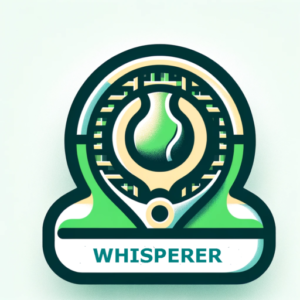How Do I Handle Match Play Distractions?
This week’s inquiry comes from a club member participating in our club championships. During the heat of a match, my opponent unexpectedly erupted with incomprehensible outbursts, visibly losing their temper, and impulsively hurling their racket against the fence. This unsettling incident disrupted my concentration, leading to my subsequent loss of three consecutive points and ultimately the entire match. How should I effectively deal with such situations in the future?
When your adversary is unable to defeat you with their racket alone, it is crucial not to permit them to discover alternative means of gaining an advantage. Rather than succumbing to frustration due to your opponent’s unsportsmanlike behaviour, consider seizing the opportunity it presents.
Competitive tennis is all about matchups and your ability to discern your opponent’s psychological state. This not only allows you to draw energy from your opponent’s mental struggles and maintain your composure when trailing, but also enables you to adjust the game’s tempo to create a more favourable matchup during play.
In essence, when your opponent exhibits visible signs of distress, you should maintain a brisk pace to keep them off balance. Conversely, during pivotal moments or when they are gaining an advantage, you should slow down the tempo. So, how can you identify these tell-tale signs of your opponent being “visibly upset”?
You encountered a few distractions in your match, so here is a list of common indicators that your opponent is feeling pressure (remember, these may also apply to you):
- Abuse: Engaging in abusive racket behaviour such as throwing or hitting it against the net.
- Control: Making critical errors at crucial times, double faults, or trying to steer the ball instead of hitting it.
- Mouthing: Negative self-talk, shouting, or using abusive language.
- Negative: Refusing to accept errors or calls, and dwelling on mistakes.
- Physical: Inability to relax, deliberately making bad calls, or rushing play.
- Rushing: Exhibiting signs of agitation and hurrying the game.
- Visual: Expressing dismay at errors, displaying negative body language, or making mocking gestures.
Many of these behaviours are childish and attention-seeking in nature, similar to behaviours not tolerated outside of tennis. Therefore, it’s essential to monitor your opponent’s conduct throughout a match to gain insights into their mental state and how they handle pressure.
Maintain your composure during crucial moments. Often, we internalize our focus, competing against ourselves. Avoid sending unintentional signals of frustration to your opponents, as this can boost their confidence. Players like Federer and Nadal excel at managing on-court distractions.
There is great value in staying composed, focusing on your own game, and minimizing distractions, whether they originate from your side of the court or your opponent’s.
Rob, USPTA Pro
Tennis Whisperer


